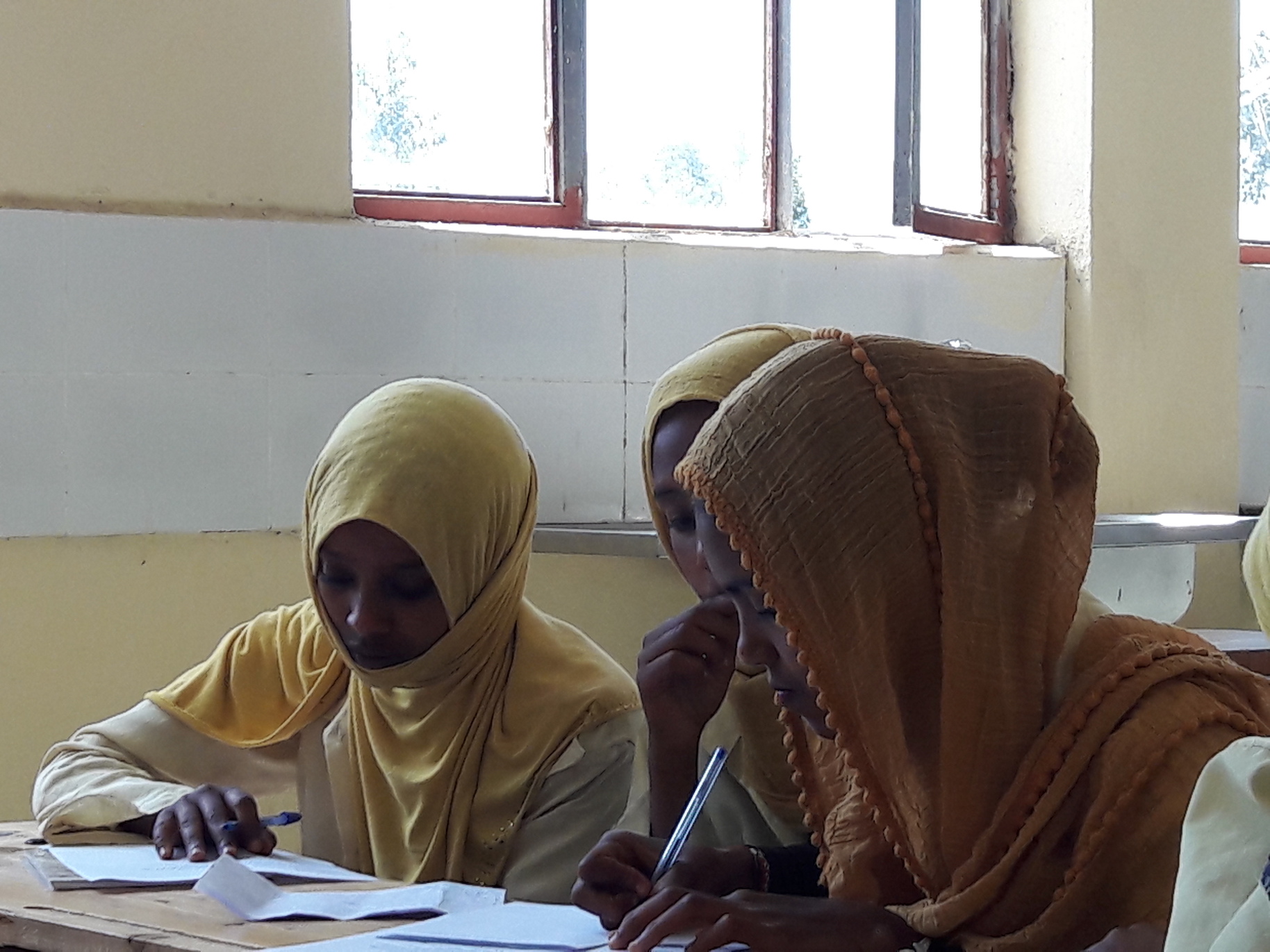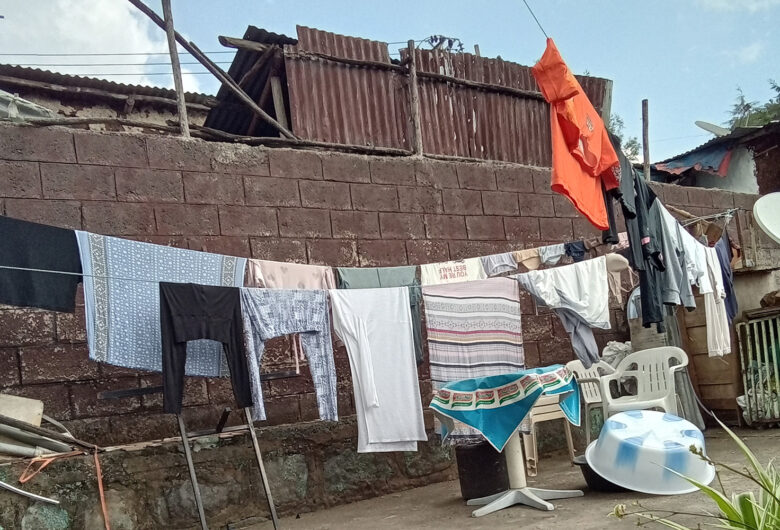Welcome to the Slavery Research Bulletin, the Freedom Fund’s monthly brief designed to bring you new & compelling research from the global anti-slavery movement.
Assessing government progress towards ending modern slavery
Governments are not on track to eradicate modern slavery and achieve SDG 8.7 by 2030, according to a new report by Walk Free. The report ranks countries based on their government’s response to modern slavery and found that the top five governments with the strongest response relative to national wealth are Georgia, Nigeria, Ukraine, Moldova and Ethiopia.
The value of preventative interventions for survivors of slavery
A cost-benefit analysis from researchers at the Rights Lab at the University of Nottingham has found that the benefits and savings of providing longer-term support to survivors of modern slavery outweigh the initial costs considerably. Extending the 45-day support period of the UK’s National Referral Mechanism would save money in the future by preventing costlier interventions at a later stage.
Prevalence of sexual violence at each stage of the trafficking cycle
An article in BMJ examines the prevalence of sexual violence at each stage of the trafficking cycle and factors associated with it among Ethiopian females. Data from 671 returnees found that 10 percent experienced sexual violence during pre-departure, 35 percent during the travelling period, 58 percent at destination and 20 percent in detention stages.
Understanding the needs of human trafficking survivors
Research conducted by the University of Bedfordshire and IOM in Albania, Nigeria and Vietnam examines the causes and determinants of human trafficking. The study highlights the significance of household – and community-level pressures and calls for whole-of-family approaches to address unsafe migration. In particular, harmful gender norms was identified as a powerful push factor for women and girls seeking to escape oppressive home environments.
Measuring child labour in Ethiopia
‘Who’ is responding to household surveys can lead to notable variances in the reported rates of child labour, according to a paper by the Institute of Labor Economics and UK Department for International Development. Based on a sample of 1,200 Ethiopian households, male heads of household systematically underreported the work of girls in agricultural settings by 7 to 10 percent, compared to the child’s own report.
Read on…
- An index by the International Trade Union Confederation ranks the world’s worst countries for workers.
- A report by Gulf Labour Markets and Migration examines the working and living conditions of low-income migrant workers in the hospitality and construction sectors of Qatar.
- An article in PLOS One estimates the economic incentives necessary for eliminating child labour in Ghanian cocoa production.
And finally…
Insights and recommendations from the Freedom Fund’s technical convening on ‘Methodologies for measuring the prevalence of modern slavery’.
News & updates
For more news and updates about the Freedom Fund, visit our Newsroom. You can also view archived issues of our bulletin here.
Contact us
Our team would love to hear from you. Please email:
[email protected].



